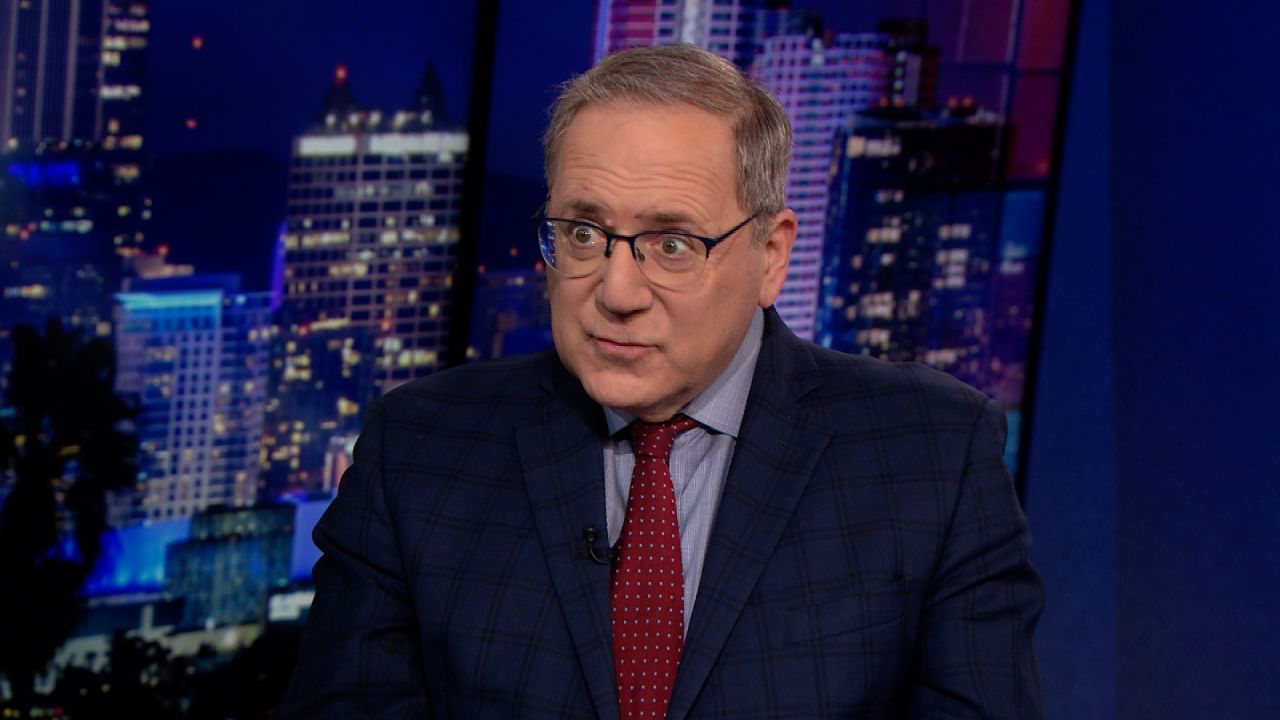UPDATE: The **HLTH 2025 conference** in **Las Vegas** has become a showcase for the overwhelming presence of **AI** in healthcare, with startups like **Innovaccer** and tech giants such as **OpenAI** and **Epic** creating a buzz. As of March 2025, nearly every exhibitor is touting AI solutions, raising urgent questions about the sustainability of this tech boom.
Healthcare executives are expressing concerns over **AI fatigue** and potential market saturation as the industry faces an influx of **$6.4 billion** in venture capital funding just in the first half of 2025, with **62%** directed towards AI initiatives. Many fear that the hype surrounding AI could lead to a bubble, similar to trends seen in the broader tech world.
At the show, over 200 companies are showcasing their AI capabilities, but attendees report a sense of sameness. A healthcare executive, who wished to remain anonymous, stated, “Everyone is framing themselves as the most generic, enterprise-wide agentic AI solution. It makes me want to vomit.” This sentiment highlights the growing frustration among industry professionals as they sift through an overwhelming number of similar offerings.
The stakes are high as **OpenAI** and **Epic**, giants in the tech space, loom large over the conference. Epic has announced plans to develop its own healthcare AI tools, including an AI scribe, which poses a direct challenge to smaller startups. **Nate Gross**, OpenAI’s new healthcare lead, acknowledged the competitive landscape during a panel discussion featuring leaders from Microsoft, Google, and Nvidia.
In a striking move, **OpenAI** is now viewed as a significant threat to healthcare startups, according to **Blake Wu**, a partner at **NEA**. “In my portfolio, people view OpenAI and Anthropic much more as a threat than people have ever viewed Amazon or Microsoft,” he said.
Despite the AI saturation, there are bright spots at HLTH 2025. **OpenEvidence**, a medical AI search startup, announced it raised **$200 million** at a staggering **$6 billion** valuation, marking one of the largest funding rounds of the conference. Additionally, **Hyro**, an AI agent platform, secured **$45 million** in funding.
As the event unfolds, the environment is both opulent and distracting, with attendees joking about never seeing sunlight, thanks to the Venetian Resort’s casino ambiance. From pickleball courts to puppy parks, the extravagant setting adds a surreal layer to the serious discussions about AI’s future in healthcare.
Despite the buzz, some stakeholders remain skeptical about the long-term success of AI in healthcare. **Mary Beth Navarra-Sirio**, VP of market development at **UPMC Enterprises**, cautioned, “You could have the best technology in the world, but if you really don’t understand how it needs to support a clinical process, you won’t win in this space.”
Looking ahead, industry experts agree that while AI’s potential is vast, responsible development is crucial. As the **American Heart Association** launches an AI assessment lab, and companies like Spring Health prioritize ethical AI, the focus is shifting toward sustainable, effective applications of this technology.
With the HLTH conference serving as a barometer for the healthcare industry’s future, the coming weeks will be pivotal. Stakeholders must navigate this complex landscape as they seek to balance innovation with caution in a rapidly evolving sector. Expect more updates as the conference continues to unfold.







